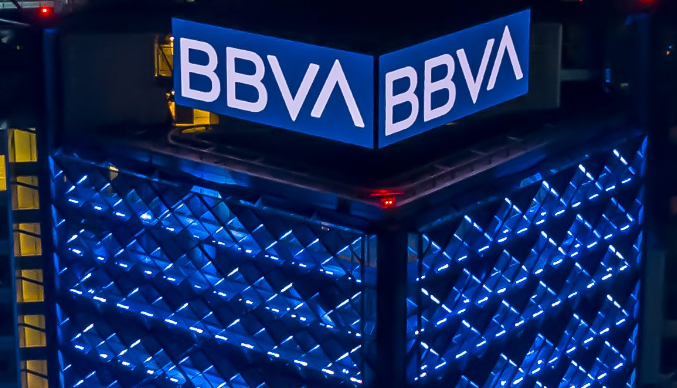At the end of September 2024, the Capitalization Index (ICAP) of commercial banks was 19.4%, according to Mexican government data.
What is the trend of this indicator? 19.3% at the end of September 2023 and 18.8% at the end of December 2023.
The National Banking and Securities Commission (CNBV) periodically publishes the ICAP.
The ICAP for commercial banks represents the ratio between their net capital and assets weighted by credit, market and operational risk. Its main objective is to evaluate the capacity of these institutions to face unexpected losses, thus guaranteeing their financial resilience.
Capitalization Index
The CNBV continues to be the main regulator of the Mexican securities market, while the stock exchanges remain the main channel for transactions in this market.
At the end of September 2024, all commercial banks were in the first early warning category. This indicates that they met the minimum capitalization requirements and had sufficient capital to face unexpected loss scenarios. Since that date, the CNBV did not consider it necessary to implement immediate supervisory actions.
Industry regulations
In April 2020, the CNBV introduced temporary capitalization facilities that allowed commercial banks to use up to 50% of their supplementary capital buffer. These measures were intended to incentivize lending during the pandemic.
Subsequently, in September 2020, the CNBV extended these facilities until December 2021. During 2022, they were gradually eliminated.
At the end of December 2023, the ICAP of the commercial banking sector stood at 18.8%, slightly below the 19.0% recorded at the end of 2022. Despite this decline, institutions remained in the first “early warning” category, complying with minimum capitalization requirements and showing sufficiency to face possible unexpected losses.
In this scenario, the CNBV does not consider immediate supervisory actions necessary.

